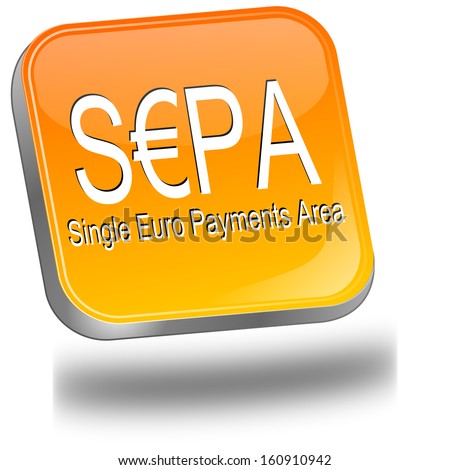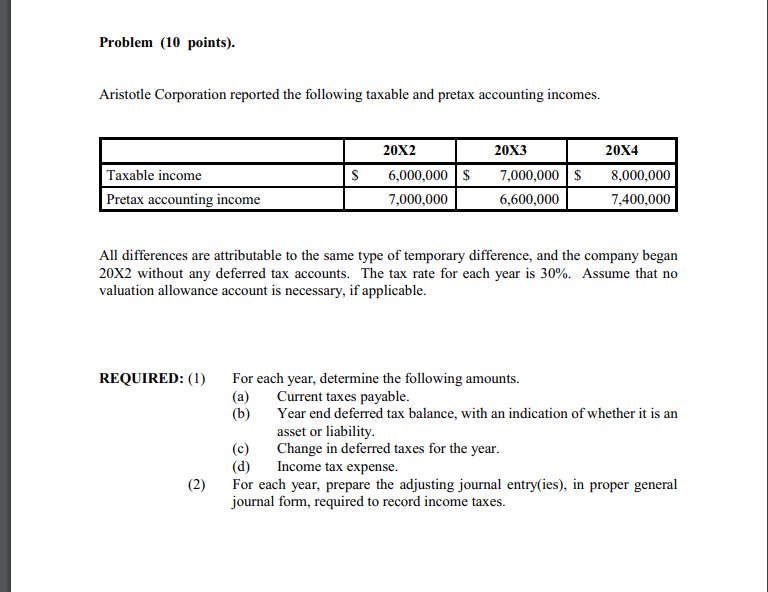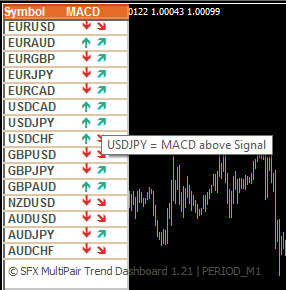Content

Some marketable securities are considered liquid based on the underlying asset. Examples may include stocks, bonds, preferred shares of stock, index funds, or ETFs. A liquid asset is cash on hand or an asset that can be easily converted to cash.
The liquidity coverage ratio of EU banks declined in the first half of … – European Banking Authority
The liquidity coverage ratio of EU banks declined in the first half of ….
Posted: Fri, 13 Jan 2023 08:00:00 GMT [source]
In business finance, liquidity refers to a company’s ability to pay off its short-term liabilities reported on its balance sheet. Liquid assets differ from non-liquid assets, such as property, vehicles or jewelry, which can take longer to sell and therefore convert to cash, and may lose value in the sale.
unique ways to take your credit card benefits further
Stocks are routinely bought and sold over exchanges, making them liquid. In short, all could benefit from liquid assets to help source the cash needed to handle life’s unforeseen events. The ability to tap into one’s current assets and pay off an unplanned bill is the concept underlying liquid net worth. Most liquid investments — commonly stocks, bonds and mutual funds, among others — can be bought and sold throughout the trading day. Stocks.Equities may be sold on stock exchanges almost instantly, and publicly traded stocks are considered very liquid. As noted above, you may end up selling a security like stock for less than you paid for it. For instance, many financial advisors recommend that you have at least three to six months of expenses in liquid assets in an emergency fund, should you lose your job or experience financial hardship.
Is bank a liquid asset?
Liquid assets are cash and assets that can be converted to cash quickly if needed to meet financial obligations. Examples of liquid assets generally include central bank reserves and government bonds.
All information, including rates and fees, are accurate as of the date of publication and are updated as provided by our partners. Some of the offers on this page may not be available through our website.
Start Building Liquid Assets
Similar to collectibles, vehicles and business equipment are also hard to liquidate and are also non-cash assets. If you do find yourself in a position where you need to sell such assets you’ll have to do it at a ‘fire-sale rate’, a much lower than market value rate. Selling real estate to pay for emergencies is not a preferable circumstance. Liquid assets make up an important part of company assets because they’re the go-to option in case the company urgently needs funds. Market CapitalizationMarket capitalization is the market value of a company’s outstanding shares. It is computed as the product of the total number of outstanding shares and the price of each share.
It may also take an unforeseeably long amount of time to collect payment from a delinquent client. When considering liquid assets, be aware that a company may not collect all of its accounts receivable balance.
Common unexpected expenses and three ways to pay for them
With medical bills, you can sometimes get a discount if you offer to pay for the procedures when you receive the service or make a full payment when https://business-accounting.net/ the bill arrives. A stock (aka „equity”) is a financial security that lets investors obtain fractional ownership of a publicly traded corporation.
- Some companies or entities may face requirements on the value of liquid assets.
- The funds are available only to certain qualified retirement plans and governmental plans and is not offered to the general public.
- In short, all could benefit from liquid assets to help source the cash needed to handle life’s unforeseen events.
- As noted above, you may end up selling a security like stock for less than you paid for it.
- They are considered liquid and their investment cycle ranges from several days to 52 weeks.
Current Assets is an account on a balance sheet that represents the value of all assets that could be converted into cash within one year. Some companies or entities may face requirements on the value of liquid assets. This restriction is to ensure the short-term health of the company and protection of its clients.
Assets that lack liquidity require time or effort to trade or sell, like real estate or collectibles. Often liquidation is trading the less liquid asset for cash, also known as selling it. This is a fund that pools money from many investors to purchase stocks and other securities.
- Cash management accounts.Cash management accountsgenerally offer the liquidity benefits of checking accounts with higher interest rates at or above the levels of savings accounts.
- Any examples used in this material are generic, hypothetical and for illustration purposes only.
- A retirement account can include a 401, an IRA and/or other accounts.
- The information is not intended to be, and should not be construed as, legal or tax advice.
They are only considered liquid when the owner has reached retirement age. Checking accounts.Checking accountsare the closest to cash, in terms of liquidity. You can pay for things directly with a debit card, write a check or withdraw cash. In some states, certain gold and silver coins can be used as currency, meaning it’s hypothetically as liquid as cash. Physical precious metal can also be exchanged for cash via dealers.
Can ABL options fuel your business — and keep it running?
Think about what assets you have within easy access that, if needed, could pay for something within a relatively short amount of time. Some examples of these Liquid Assets are cash, checking accounts, savings accounts and some investment funds. Marketable SecuritiesMarketable securities are liquid assets that can be converted into cash quickly and are classified as current assets on a company’s balance sheet. Commercial Paper, Treasury notes, and other money market instruments are included in it. Liquid assets are financial assets that can be quickly and easily converted into cash with little or no impact on their market value. Examples of liquid assets may include cash, cash equivalents, money market accounts, marketable securities, short-term bonds, or accounts receivable.












